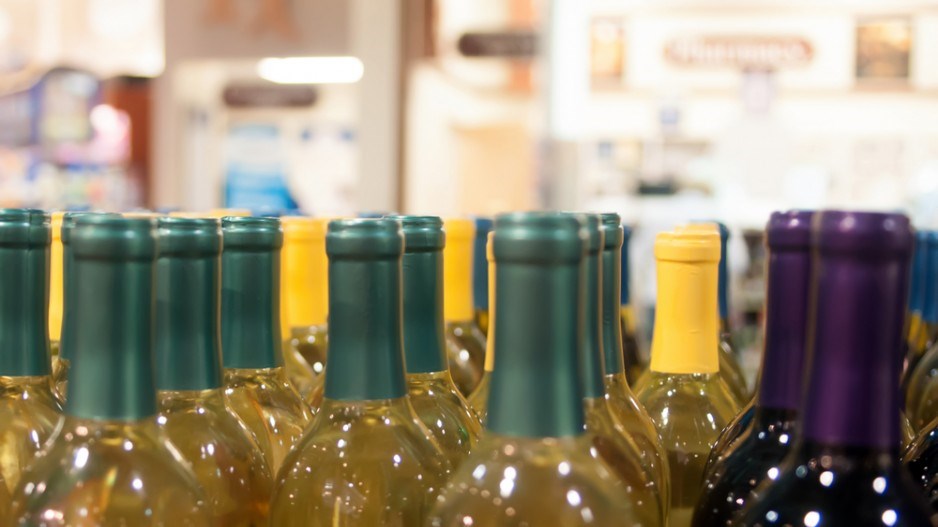A decision by a provincial court judge in New Brunswick is expected to open up new markets in the rest of Canada for B.C.’s wine industry.
On April 29, New Brunswick judge Ronald LeBlanc threw out the law preventing residents from that province from importing beer and wine from other provinces.
“This is finally a crack in the dyke,” said Miles Prodan, president of the British Columbia Wine Institute. “We have long advocated for the ability for a B.C. winery to sell their Canadian-produced product to other Canadians.
“Until now, it was up to the provinces to determine what made the most sense to them. What the provinces are trying to do – and I understand this – is to keep their monopoly. Now the courts have ruled.”
Provinces require out-of province shipments to go through their own liquor control boards, which then mark them up substantially.
The ruling, which came down April 29, applies only to New Brunswick, but is expected to have repercussions all the way to B.C., said Mark Hicken, a Vancouver lawyer who specializes in wine law. The province has 255 wineries with annual sales of over $250 million a year.
Hicken said the ruling marks another step in development of direct-to-consumer wine sales in Canada. He said if other provinces now choose to bring their residents to court for importing wine, beer or spirits from other provinces, the same arguments that were successful in New Brunswick can be argued.
In the New Brunswick case, resident Gerard Comeau was charged with bringing beer purchased in Quebec across the provincial border into New Brunswick. Instead of paying the $292 fine, he challenged the case in court on constitutional grounds. The judge ruled in his favour.
In B.C., wineries are not restricted from shipping out-of-province, but in most provinces, particularly Ontario, which is the largest wine market in Canada, customers are restricted from receiving them. That effectively hobbles inter-provincial shipments. The New Brunswick case represents a huge step forward for the wine industry across Canada, Hicken said, as it could transform the regional B.C. wine industry into one that is open to all 36 million residents of Canada.
“We are seeing a realization that these restrictive laws are not enforceable,” he said.
B.C. wineries were quick to pick up on the implications of the ruling.
“Can this be what we’ve been waiting for?” tweeted Sandra Oldfield, co-owner of Tinhorn Creek Vineyards south of Oliver. She said in an interview that she hopes the Comeau ruling brings the issue one step closer to the Supreme Court of Canada “so that we can be able to make a case that wine should be treated like other products in Canada.”
Advocates of free inter-provincial trade in wine, beer and spirits have been fighting the restrictive, prohibition-era laws since 2010. A private members bill passed by Parliament in 2012, struck down the federal law restricting inter-provincial wine shipments but had no impact on provincial laws. B.C., Nova Scotia and Saskatchewan subsequently removed barriers to shipments, but most other provinces maintain their restrictions.
It’s not the wineries that are at risk if they ship to provinces like Ontario, said Prodan. It’s the person who receives it.
“It’s easier to prosecute a resident who’s brought that wine in. That’s where it happens.”
Courier companies making wine deliveries from B.C. have also been targeted. FedEx was charged last year in Newfoundland for delivering a package containing B.C. wine. That case was subsequently dropped as the provincial law would have no jurisdiction over FedEx, which is federally regulated.




